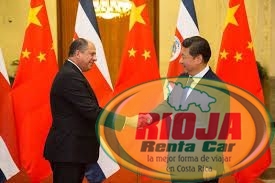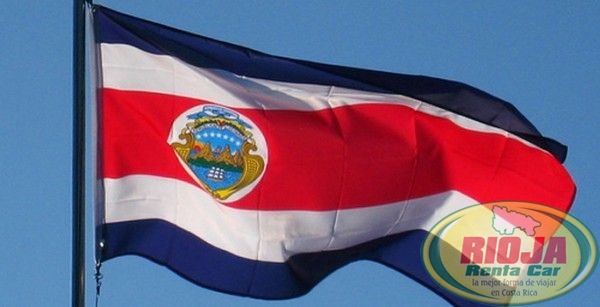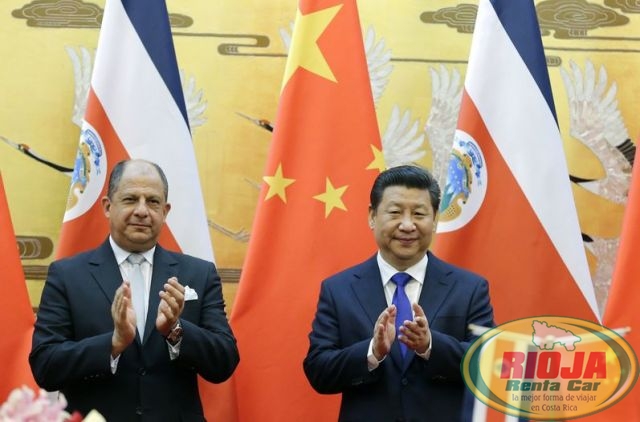


Project is built outside the large metropolitan area
The agreement on the initiation of the project was signed after the meeting between Luis Guillermo Solis and the Chinese president, Xi Jinping Government also boost a coastal area of the Caribbean or the Pacific for the export of shrimp to the Asian marke
After the meeting of their Presidents Luis Guillermo Solís and Xi Jinping, China and Costa Rica signed an agreement to start work on a special economic zone (ZEE) in Costa Rican territory that will help the development of regions, following models that were successful in the Asian giant.
Costa Rican Foreign Minister, Manuel González, and the Chinese owner of Commerce, Gao Hucheng, have signed this Convention in the great Palace of the people in Beijing, after a meeting of more than one hour between the two presidential delegations.
The document marks the beginning of bilateral feasibility studies in which they will settle, among other things, the possible future location of this special zone, although it is expected that the choice to focus on less developed than the interior regions.
China and Costa Rica also signed a protocol which aims to facilitate a coastal area of the Caribbean or the Pacific for the export of Costa Rican shrimp to the Asian market, a major consumer of these shellfish.
Previously, Solis was received by Xi in a ceremony that combined the regia magazine pass includes troops from three Chinese armies with the warm welcome from children "armed" with two countries flags and bouquets of flowers.
Moments later, in closed-door meetings, both Presidents exchanged praise on the good state of relations despite its relative "youth", since Costa Rica was allied diplomat of Taiwan until 2007, year in which began its official ties with Beijing after "breaking" to Taipei.
"In recent years our ties have grown and have shown, without doubt, that (effective 2011) free trade was instrumental in our relations," said Solis, who pointed out, however, that cultural links between the two countries date back to the 19th century, thanks to the Asian immigration to Latin America.
The special economic zone in Costa Rica project aims to promote less developed geographical areas, through the attraction of investments.
The Minister of foreign trade, Alexander Mora, had cited in last September that the draft of a special area with China was one of the priorities of its portfolio this by 2015.
"Our ambition is no more than the first half of the year 2015 can announce companies that want to install in the parks of the EEZ", said Mora at that time.
This plan is based on a model that China began in the 1980s, when it created areas with different national (then still very centralized) economic systems to gradually adapt to the market economy.
The most successful special economic zone in China Shenzhen, neighboring city to Hong Kong, which 30 years ago was just a fishing village and today is the great technological center of the Asian giant.
In fact, the Costa Rican president will visit the Friday one of these Chinese special economic zones, the area of technological development in Tianjin (TEDA), port located approximately 200 kilometers from the capital. In Costa Rica, the investment and development have traditionally been concentrated in San Jose, its surrounding area and other cities of the interior, a situation that Solis has been proposed to change during the Government that began in 2014. "We are promoting conditions for foreign investment in different areas to the large metropolitan area and we are committed to opening up to foreign trade to create opportunities for more companies like yours might arrive in appropriate conditions" , said Solis today in a meeting with Chinese entrepreneurs, prior to his meeting with Xi. The Costa Rican president did not mention in their public speeches of today to the two bilateral projects that promised boost during this trip: the refinery of Moin (paralyzed since 2013 by irregularities in the contract) and the road to a to that port with the lemon, also pending technical reviews and legal.

 English
English

